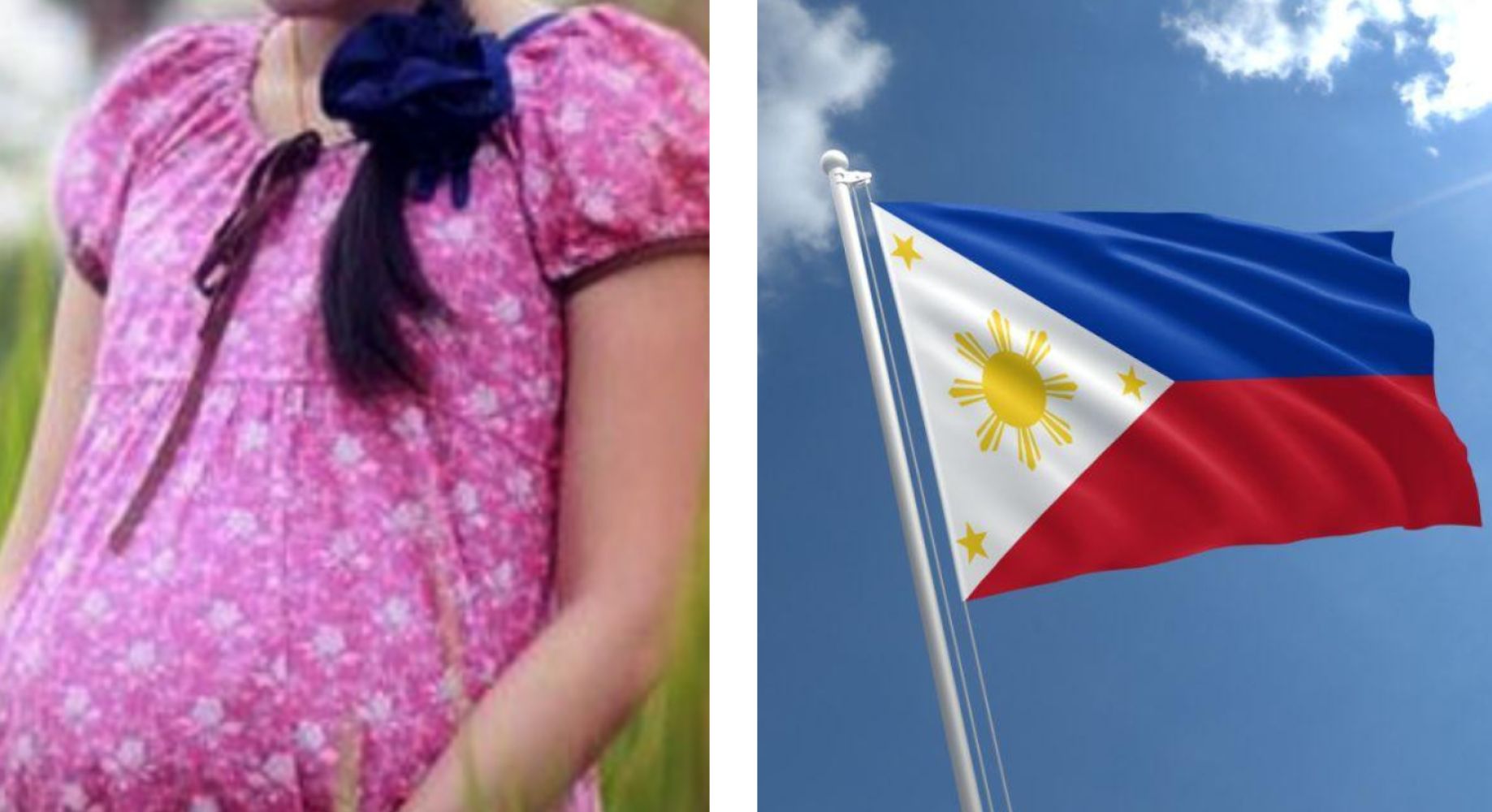By Bobbie Ysabelle Matias
Teenage pregnancy is a long-standing issue that has been plaguing the Philippines, with the country’s adolescent birth rate being one of the highest in Asia.
The government has made numerous efforts to lower the numbers, passing laws such as the Responsible Parenthood and Reproductive Health (RPRH) Law, which requires schools to teach children about teenage pregnancy and its consequences.
What seems to be often overlooked, however, is the problem hiding behind the shadow of the surging cases of adolescent pregnancy: the sexual abuse and exploitation of children.
On January 30, advocacy group Forum for Family Planning and Development (The Forum) expressed alarm over the 11,479 reported cases of rape involving girls under 16 years old in 2023, none of which was filed in court, PhilStar reported.
The data from the Philippine Statistics Authority also showed that 99.3% of the pregnancies in the nine to 14-year-old age group involved fathers aged 15 or older, or with unreported ages.
Eight per cent rise
This also signalled a nearly eight per cent rise in under-16 adolescent pregnancies.
Dr Juan Antonio Perez III, vice president of The Forum, noted the rising number of statutory rape cases among children aged nine to 16 years old, adding that the problem requires a “comprehensive approach”.
Perez promoted the implementation of comprehensive sexuality education (CSE), which he stressed must begin at age eight to better inform children and prevent abuse.
Debate sparked
CSE sparked debate early last month after it was criticized by conservative groups and President Ferdinand Marcos Jr, who claimed that it drew references from a similar European document that would teach lewd lessons on sexuality, such as masturbation, to children.
This allegation was never mentioned in the proposed Prevention of Adolescent Pregnancy (PAP) Act, wherein the divisive CSE curriculum was highlighted.
While it is focused on addressing the issue of teen pregnancy, the bill also includes provisions to deal with cases of sexual violence.
This includes providing legal, medical and psycho-social services to expectant and current mothers whose pregnancies were the result of sexual abuse or exploitation, as well as ensuring that local health facilities are capable of providing post-trauma care for adolescents in cases of gender-based violence and assault, according to Section 14 of the proposed legislation.
Informed consent
Additionally, the bill’s CSE curriculum will teach children about age and development-appropriate topics such as informed consent, sexual abuse and exploitation, and peer pressure, among others.
According to UNESCO and a study on the benefits of CSE, the curriculum helps prevent sexual assault against minors as it teaches them about their bodies and guides them into acquiring skills such as communication, refusal and the ability to cope with risks.
Senator Risa Hontiveros, PAP’s principal author, has filed a revised version of the bill to clarify any misunderstanding, particularly on the implementation of CSE.
Meanwhile, The Forum’s Perez deplored the government’s lack of action against child rape.
“The law calls on public and private schools to set up systems to detect and prevent these incidents, as well as the Department of Education to include in the basic education curriculum and teach age-appropriate subjects concerning the rights and protection of the children. Yet where is the action?” said Perez.
READ NEXT: LGBTQ+, HIV healthcare NGOs limit operations after US freezes foreign aid
